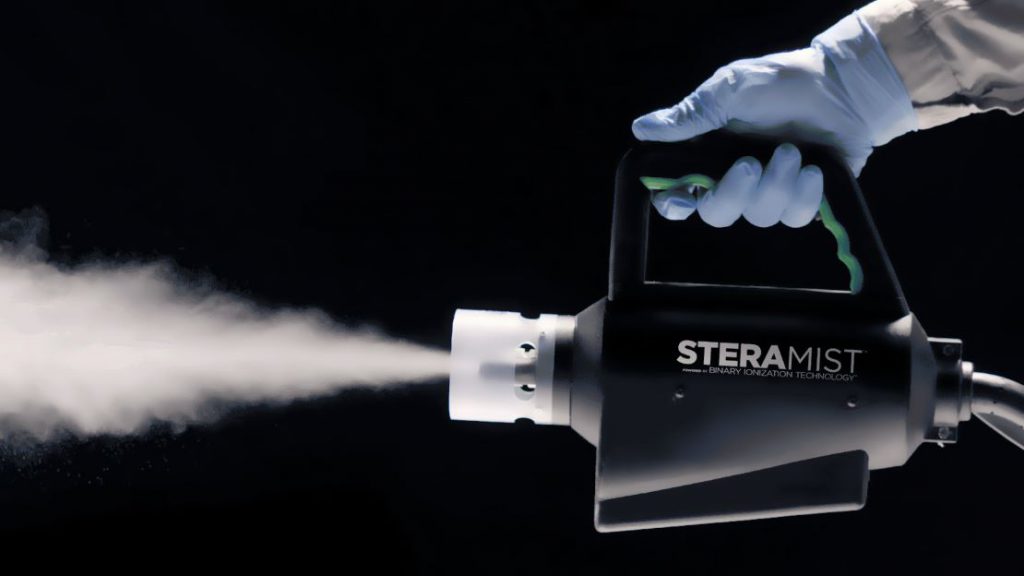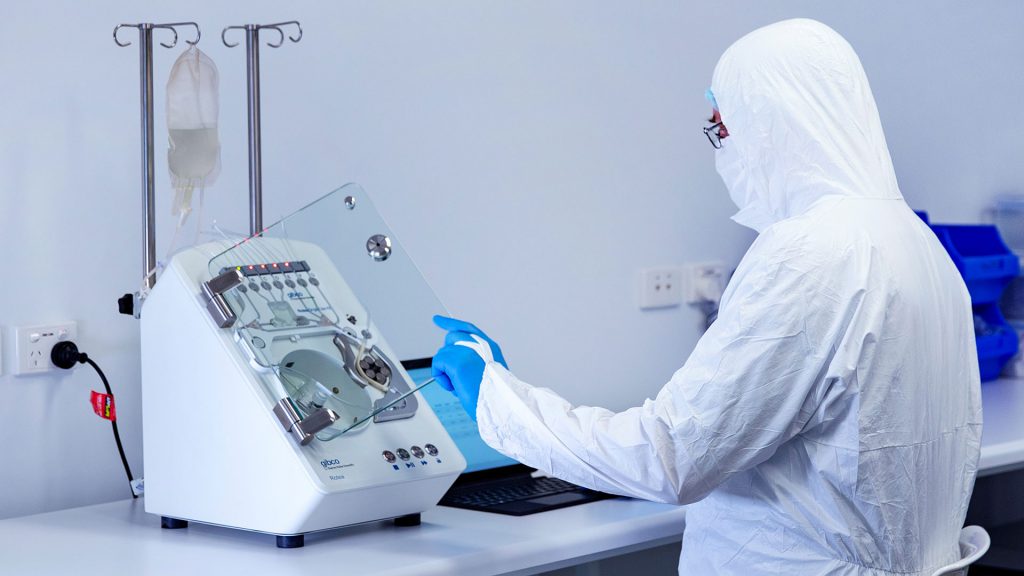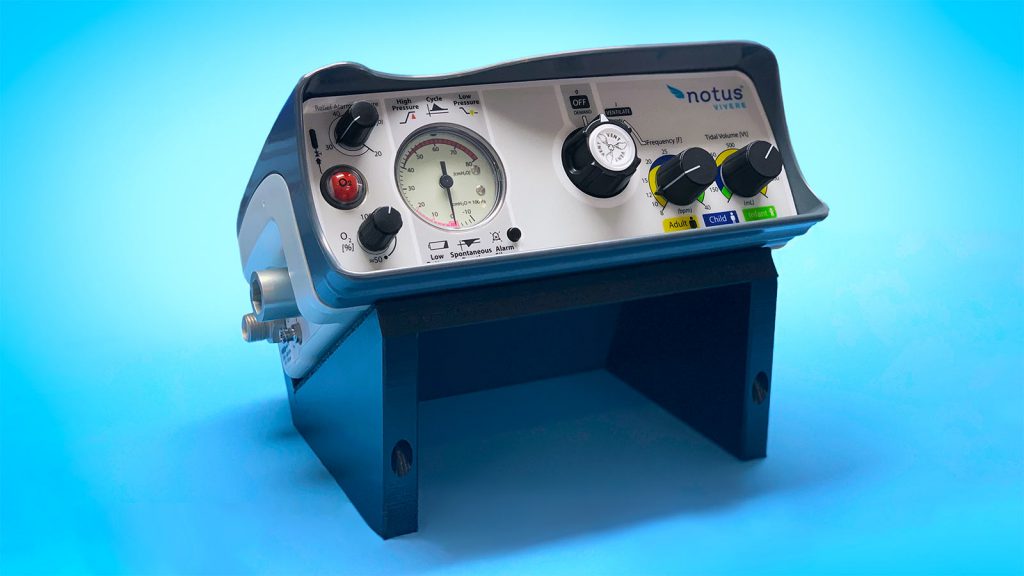
The COVID-19 pandemic has brought to light the gaps in Australia’s manufacturing capacity, but has also highlighted its potential.
We’re glad to see the Federal Government focusing on medical manufacturing because we know we can compete globally in this sector.
Australian manufacturers are already adept at producing regulated medical products and can fill gaps in supply chains. Through the pandemic, global medical product companies are seeking more resilient supply chains, with dual or multi-source supply lines to ensure continuity of production. We have the capabilities to anchor Australia as a key manufacturing partner as multinationals restructure their global supply chain strategies to include dual or multiple sources.
As an example, at Planet Innovation, we have products that are 100% export. Some of the biggest companies in the world are trusting us with their manufacturing. They are commercial, making money, changing healthcare, but aren’t getting attention in Australia.
We need to find ways to drive more domestic demand, and the Government has the power to do this. We are keen to know what the Government decides to do in regards to procurement policies but one way to create immediate jobs is mandates. For example, where the product is considered essential, such as antibiotics or critical diagnostic tests, the Federal Government could mandate that a local supply chain is established for a minimum of 50% of supplied goods. That would mean large international medical device manufacturers would consider establishing an assembly and test facility here as a way to access the Australian market. Alternatively, Australian companies could be contracted to make foreign-designed medical products under license.
Either way, we would see new jobs created in a matter of months, not the years it takes to research and commercialize the next Cochlear.
When it comes to commercialization, we also need to think about the problems we are solving. You can have a great idea, but if it not solving a commercial problem for people, they won’t buy it. The key to commercialization is the insight into market pull. The manufacturing industry has great insight and can help researchers and innovators create products that actually solve problems that have a commercial market need.
As well as insight, you need infrastructure. If innovation is the fuel driving our car, the manufacturing industry is the road that will help that innovation reach its commercialization destination.








